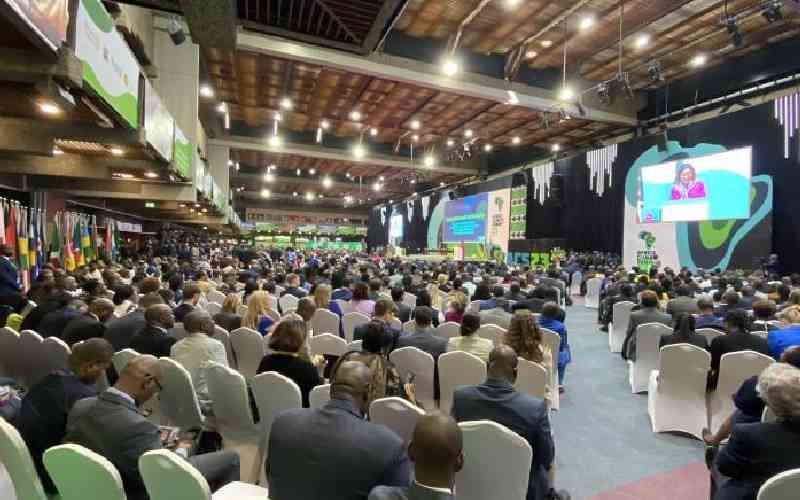
The traction on health, being central to the climate crisis, is gaining momentum, and its drum rolls need to sound even louder. This, as about 1.1 million people in Africa died prematurely from air pollution-related diseases in 2019, representing one-sixth of the total global estimate of 7 million annual deaths.
Furthermore, climate-linked emergencies have been on the rise with more than 100 health emergencies occurring in the Africa region every year as reported by WHO - accounting for 70 per cent of all natural disasters that occurred between 2017 and 2021, with devastating consequences.